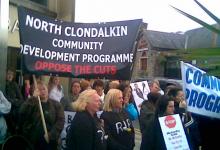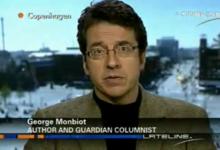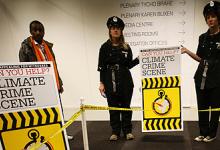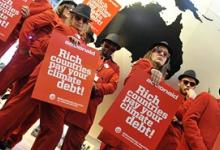HSE deny consultant's call for pay increase
The Department of Health is refusing to back down over pay cuts, denying hospital consultants a salary rise to which they claim they are contractually entitled.
Last week, the Irish Hospital Consultants Association (IHCA) said its members would accept the pay cuts in the budget if they were first given the salary increase, which they said had been owed since June. The consultants claimed the rise was due under the terms of a new contract which came into force this year.









